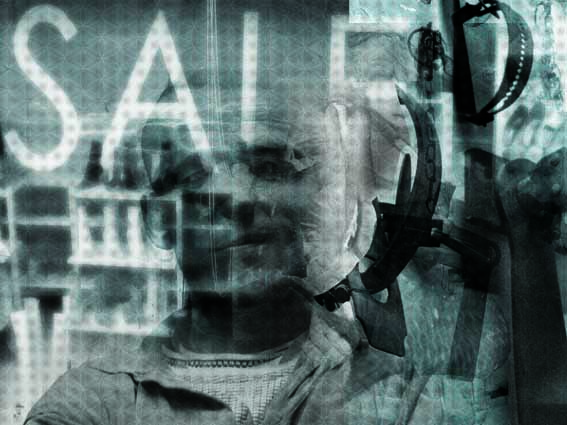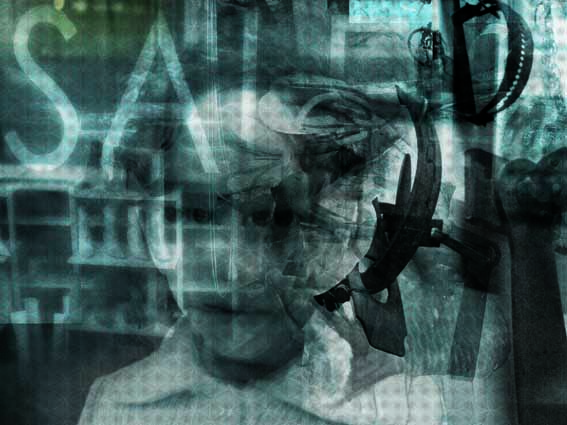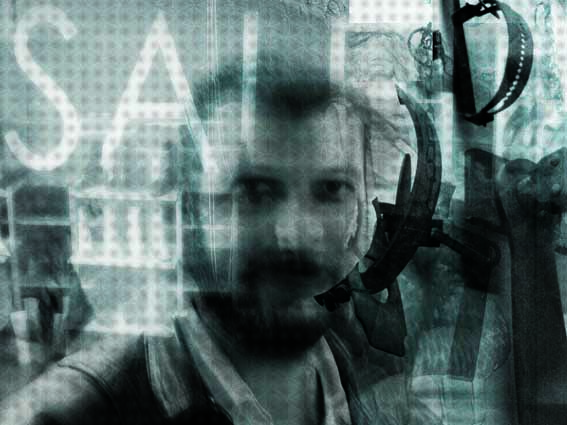Sale – Egypt
The unfinished and ongoing project titled “Sale Egypt” examines the shift in ethics, the Egyptians’ perceptions of Western materialism, and the altering lifestyles after the victory over Israel. Since Sadat’s “Infitah” (Arabic for “openness”) policy or Law 43 of 1974, successive Egyptian administrations have adopted the strategy of “opening the door” to private investment. The Infitah made it simpler for Egyptians and outsiders from the West and the East to invest in the private sector, even after they severed ties with the USSR, a longtime ally and source of aid, i.e., after replacing the USSR with the USA and the West.
Through personal interviews with Egyptians of various social, cultural, and generational backgrounds, the project seeks to disclose the demographic changes by inquiring about the most significant changes in their lives and observing the Egyptian way of life in major cities such as Cairo.
As a member of the baby boomer generation and a native of Cairo, I witnessed the transition from Nasser’s socialism to Sadat’s open door policy, which resulted in a system resembling Imperialism, with new paradoxes in the Egyptians’ needs, behaviors, and modes of communication, as well as new perspectives on every aspect of life, including religious, traditional, and cultural values. All urbanism and services were altered to meet the specific requirements, including the opening of a large number of private schools and universities, supermarkets, and shopping centers filled with Western brands, etc.







